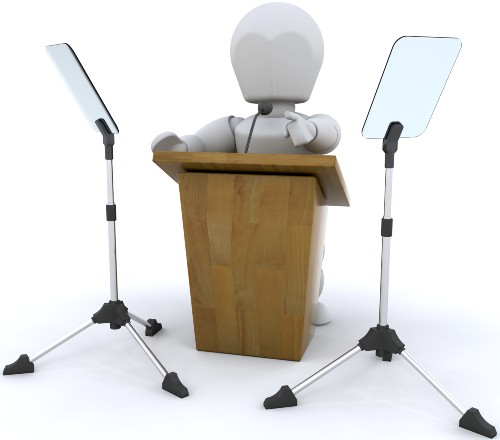
Amazon, Punchbowl News reported on April 29, “will soon show how much [US president Donald] Trump’s tariffs are adding to the price of each product …. The shopping site will display how much of an item’s cost is derived from tariffs — right next to the product’s total listed price.”
Cue whining from White House Press Secretary Karoline Leavitt, who called the idea “a hostile and political act.”
Amazon quickly backed down, saying it had “considered the idea” but wasn’t going to actually follow through.
Then, for some reason, Walmart felt the need to weigh in and announce that it also has no plans to let its customers know how much of what they pay is due to Trump’s tax hikes on you because it does “not itemize what goes into the cost of goods on our website.”
That’s an odd claim. To test it, I just went to Walmart’s website and put an item (supposedly priced at $17.16) into my cart.
Whaddayaknow, when I got to the checkout screen, the site itemized “estimated taxes” of $1.71, as well as $6.99 in shipping charges. Are those not “costs of goods” on their website?
The “estimated taxes” on that screen are state and local sales taxes. Most stores in most states (and on the Internet) break those tax costs out. In fact, in some states, they’re required by law to do so, which is why when you see an item for $1.99 at your local grocery store, you have to do a little mental arithmetic and add, say, $2.10 instead of $1.99 to your running total.
Imposing taxes on consumers is a “hostile and political act.”
From a business point of view, it makes sense to let customers know who’s imposing these latest massive tax hikes. That way the customers know who to blame for — and who to hold accountable for — unnecessarily higher prices.
Why should tariffs be treated any differently than sales taxes? They’re taxes. You’re paying them. Why are Amazon, Walmart, and likely other businesses running and hiding instead of telling you so?
The only explanation that makes sense is fear. American businesses know that Trump can hurt them in various ways, from taxation and regulation to urging his base to boycott businesses who tell the truth to their customers. Who can blame them for fearing his wrath?
Truth, someone once said, is the first casualty of war.
Trump is waging war on all of us, in this case on our ability to buy the goods we need and want to live our lives. He doesn’t want us to know that, and rages against us knowing.
Amazon and Walmart shouldn’t let fear push them into our enemy’s ranks. They should tell us the truth … with every sale.
Thomas L. Knapp (X: @thomaslknapp | Bluesky: @knappster.bsky.social | Mastodon: @knappster) is director and senior news analyst at the William Lloyd Garrison Center for Libertarian Advocacy Journalism (thegarrisoncenter.org). He lives and works in north central Florida.
PUBLICATION/CITATION HISTORY


